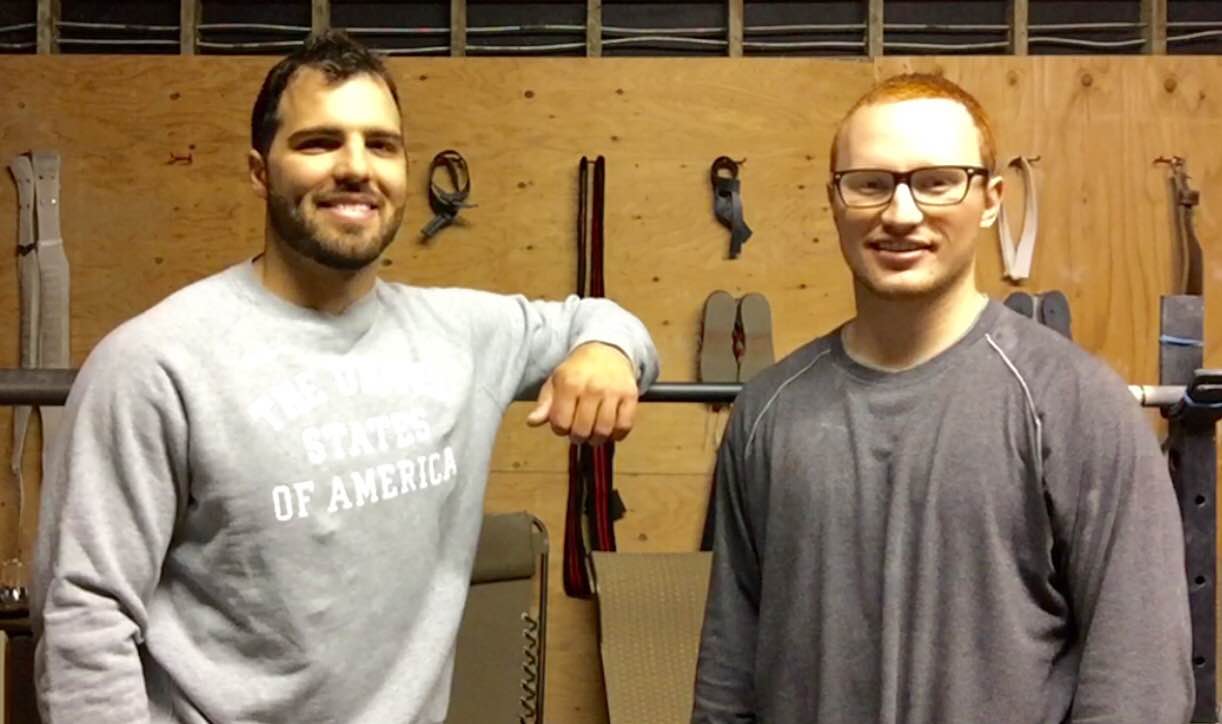
Doesn’t it sometimes seem like wherever you look – in the office, on the T or in the grocery store – chances are you’ll see a FitBit-clad wrist? Fashion nightmares aside (no, neon rubber isn’t the new black), people have started sporting these wearables en masse over the past year or so.
Some folks feel better about their general well-being knowing they’re strapped in and keeping track of their daily steps. Other people, though, are left looking for more.
Enter Brad Goldsberry and Mike Nackoul, two MIT grads pushing fitness wearables a step further. They’re working on a software platform that could forever change the way athletes train.
“Measurements of our bodies’ states and how stressed we are are indications of how we can perform.”
Fitness tech for athletes, made by athletes
Goldsberry and Nackoul’s joint brainchild – axera – lets athletes collect and then actually use data from fitness wearables. People can track variables like heart rate, mood and sleep pattern to see how their bodies respond to training.
Goldsberry explained that axera points to “what makes each athlete or person unique, and how they respond to training. Measurements of our bodies’ states and how stressed we are are indications of how we can perform.”
Nackoul and Goldsberry are no strangers to shedding some blood, sweat and tears; both MIT grads have a long history of athleticism. Goldsberry was a running back and wide receiver during his time at MIT, while Nackoul is an elite Olympic weightlifter.
Their personal experiences have served as inspiration for axera. “We didn’t read it in a book,” Nackoul said. “It spawned organically from training.”
“Brad and I were roommates at MIT,” Nackoul elaborated. “I was training blind then. I’d keep track of certain things like heart rate and sleep. Brad was the one who looked at what I was doing and said, ‘Hey, there could be some connection here.’”
At the same time, Goldsberry told me his athletic career also fueled this curiosity.
“I played football at MIT, and sports were always a big part of my life,” he told me. “I was not a naturally gifted athlete, so I always had to find ways to be better. I’d be doing the same training as the rest of the team, which made me think about how I could cater it more to me.”
Train with a brain
Axera is still a work-in-progress, but it will ultimately enable athletes to fine-tune and optimize their training regimens. The platform will help them analyze different data variables, have access to minor feedback and adjust their workout sessions accordingly.
Before these guys bring their product to market, they want to dedicate more time to development and testing – the latter of which they’re doing on friends and themselves.
Nackoul, for example, is on the mend from two surgeries last year. He believes axera has allowed him to bounce back and effectively train for the American Open in December without further injury to his knee or shoulder.
“All of the feedback we’ve had so far has been positive,” Nakoul said. “Axera is something that should exist but doesn’t. Strength coaches – for football to mixed martial arts to weightlifting and every sport in between – get excited about it when we tell them what it’s all about.”
Image provided.
